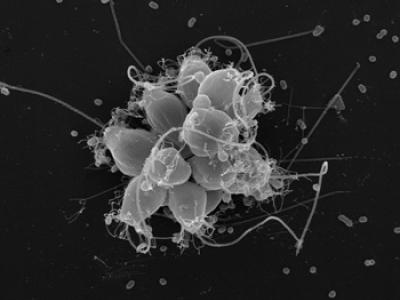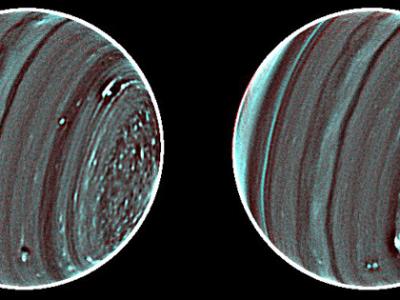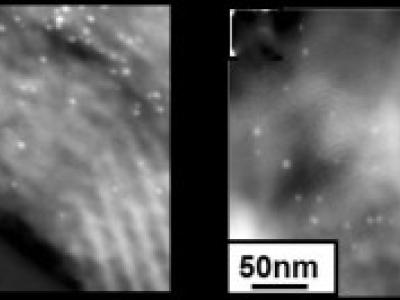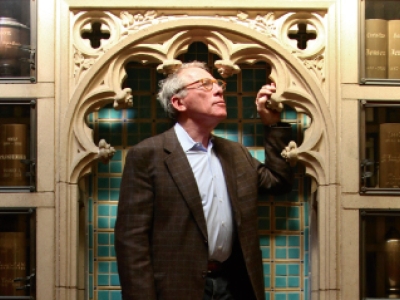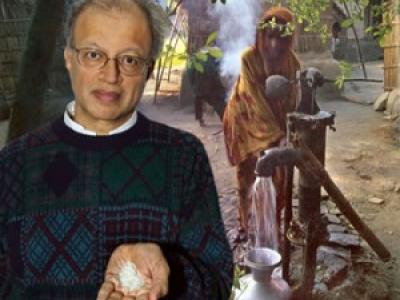Food Day report: Minimum-wage hike would raise food prices pennies, help millions
A new report released today (Wednesday, Oct. 24), national Food Day 2012, says that a proposal pending in Congress to raise the minimum wage would increase retail food prices for American consumers by at most 10 cents a day, while helping nearly 8 million food workers and 21 million workers in other industries.


